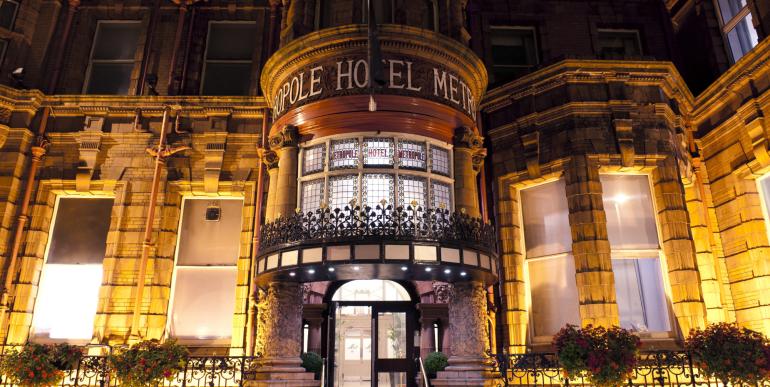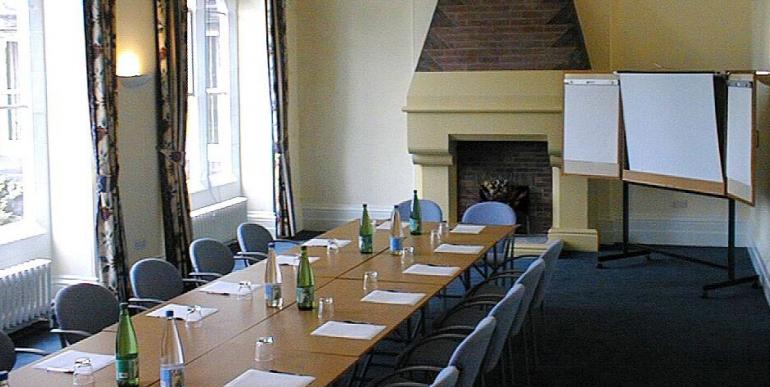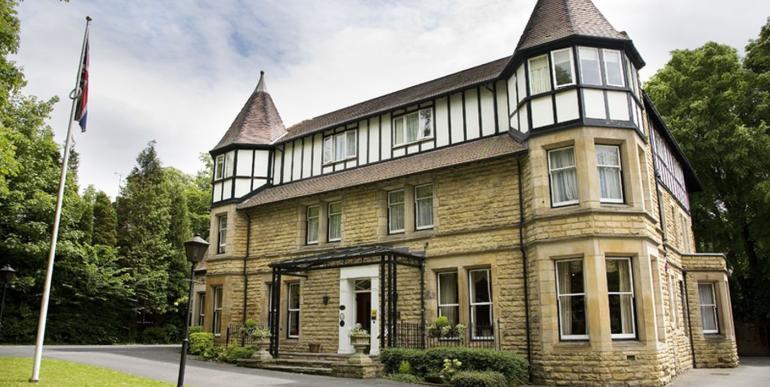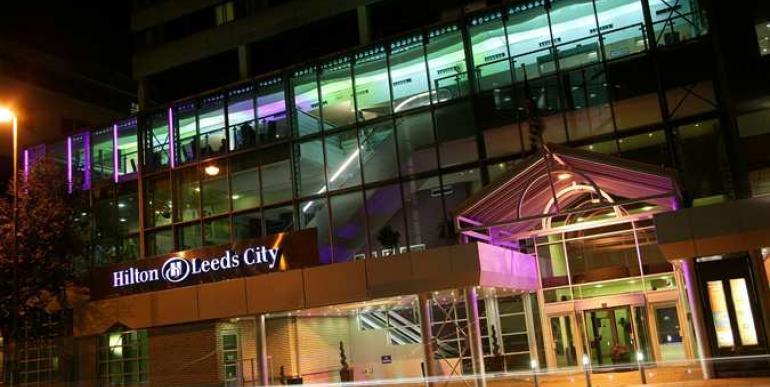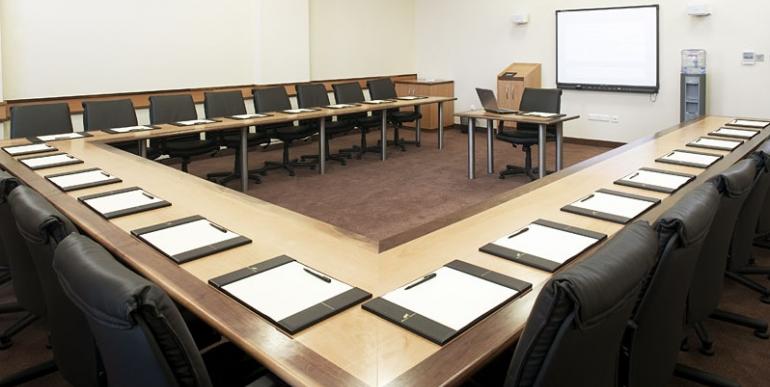There are many redeeming features of Yorkshire's biggest city besides being a good starting point for 'God's Own County'. It appeals to lovers of its fine Victorian architecture, shoppers, sports fanatics and theatregoers. The city grew rapidly thanks to the Leeds and Liverpool Canal and became an important trading post for textiles. In more recent times, growth in legal and financial employment has not only put this city on the map again, but also challenged Manchester, Birmingham and London. Thanks to the M62 and M1 motorways, and enhanced trans-Pennine rail links, it is also a conference venue.
Much of the city's prosperity is mirrored in the architecture of Cuthbert Broderick, The Headrow and Briggate as much as its 21st century equivalents. Mr Broderick's most celebrated work is the Town Hall on Headrow. Next to it is the Leeds Art Gallery, which is well worth a visit along with the nearby Leeds City Museum. More recent developments have included The Royal Armouries Museum and the Trinity Leeds shopping centre.
For shoppers, it is the birthplace of Marks and Spencer, and a leading retail destination where a 30 minute walk covers two centuries of retail history. Kirkgate Market's grand Victorian hall has been extended on several occasions, and comprises of an outdoor market behind the hall. Always worth a visit is County Arcade, close to Harvey Nichols and Leeds' latest addition: Trinity Leeds, replacing a previous down-to-heel 1970s precinct. Close by is St. John's Shopping Centre and The Merrion Centre - the two precincts covering the mid-1980s and mid-1960s. For something more varied, the Corn Exchange is worth a visit.
Besides its footnote in retail history, it is a great place for theatregoers. The Grand Theatre and Leeds City Varieties Music Hall offer first class entertainment, with the latter maintaining its original purpose. Performances of 'The Good Old Days' still attract audiences today, several years after its last airing on the BBC in 1983 (featuring the alliterative Leonard Sachs), Devotees of repertory theatre and major live acts are placated by the West Yorkshire Playhouse. If you love pop and rock music, the 13,500 capacity Leeds Arena plays host to the latest sounds, as does the O2 Academy. Part of the muso's calendar is the Leeds Festival which takes place in late August.
Sports fans are well catered for too. Headingley plays host to rugby codes and Cricket, being the home of Leeds Rhinos, Leeds Carnegie and Yorkshire County Cricket Club. Courtesy of Headingley Experience, it is also a good conference venue. The same can also be said of Elland Road, home of Leeds United F.C, where the Centenary Pavilion provides one of the biggest conference and events spaces in the North of England.
The above reasons merit Leeds' suitability as a conference venue. There is a wealth of hotels inside and just outside the centre, and there's every chance you'll be spoilt for choice. Leeds' connectivity with road and rail makes it a winning conference venue for all delegates.
Leeds has excellent trans-Pennine rail links with regular trains to Manchester Piccadilly and Manchester Victoria stations. It is the hub of Transpennine Express' operations with services continuing westward to Liverpool Lime Street and eastward to York, Hull, Scarborough, Middlesbrough and Newcastle Central. East Coast, Cross Country and Grand Central inter-city trains serve the busy station with direct links to the South West of England and London King's Cross. By bus, it is well connected by local services and long distance routes such as the 36 to Harrogate and Ripon. Its nearest airport, Leeds/Bradford Airport is served by regular bus services from Leeds bus station.
By road, you cannot fault the M62 and the M621, the latter Leeds' more direct link with the national motorway network.


